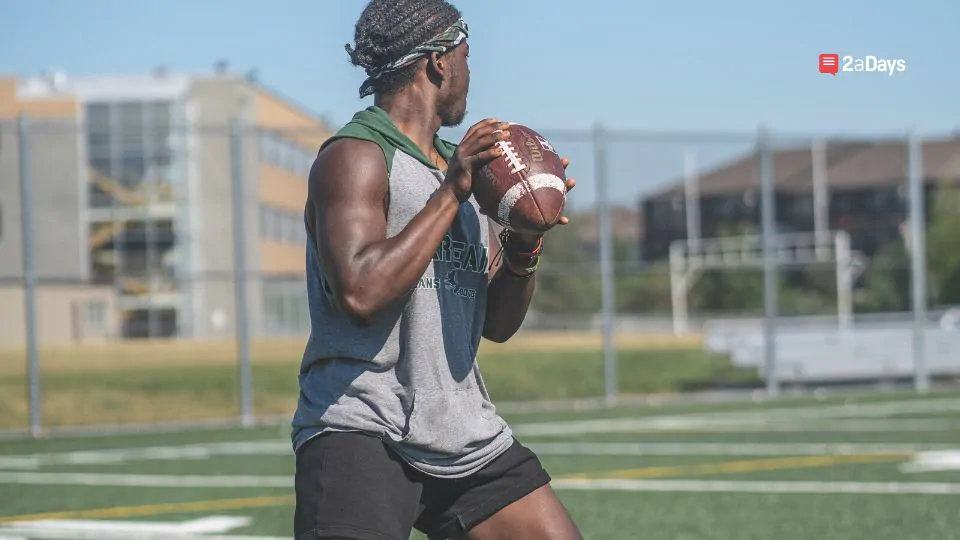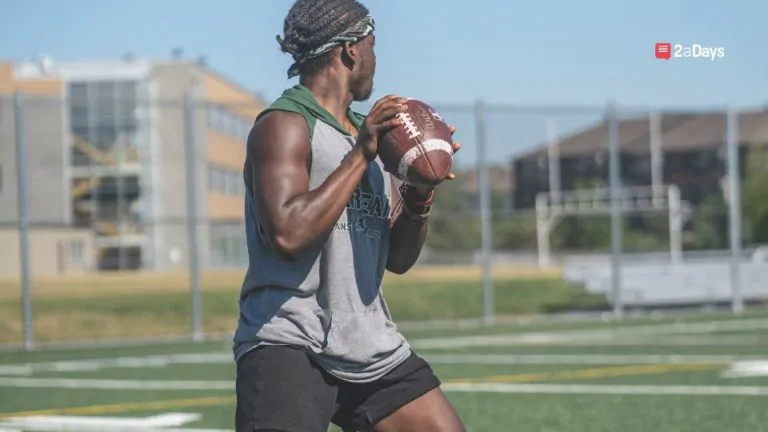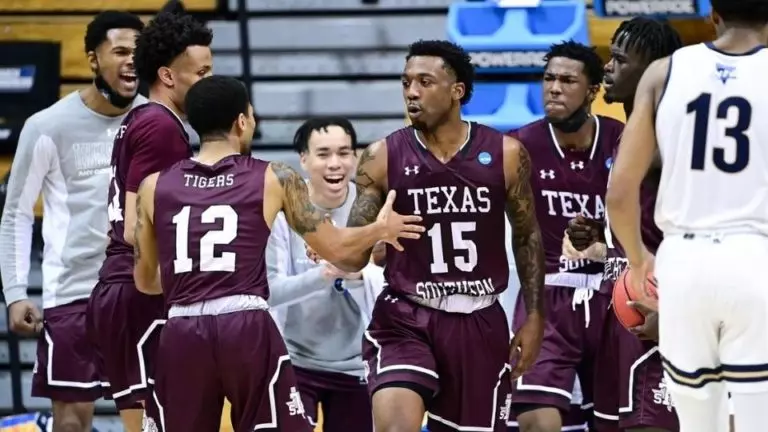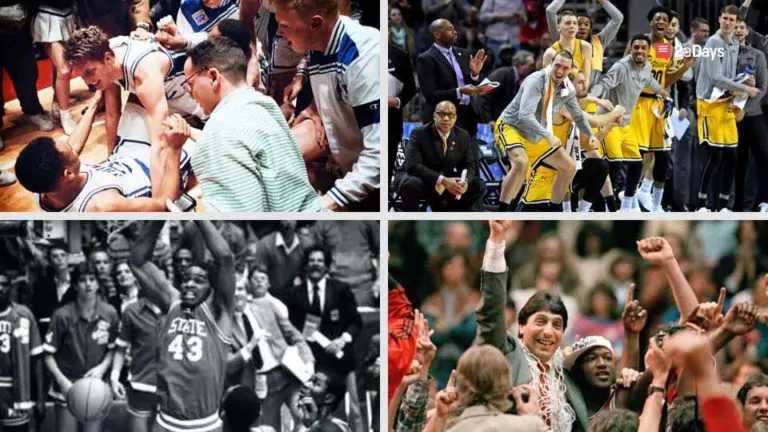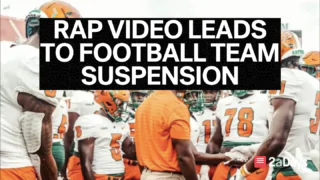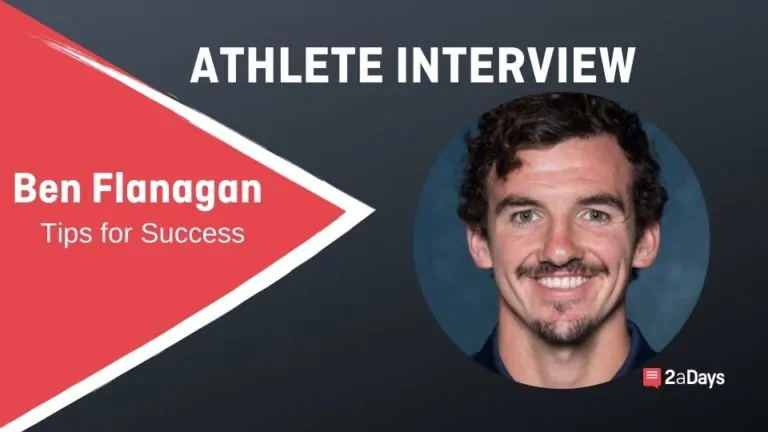Every collegiate sport and division tends to have a different recruiting timeline, so your specific timeline can be confusing, especially at the NCAA Division III level, which is much less publicized. The benefit of this, however, is that DIII recruiting has much more lenient guidelines.
While DIII football coaches can technically contact recruits whenever they want, most coaches wait to contact recruits until later on in their high school careers. We talked with Dom Torregroza, a senior on the University of Puget Sound football team, to get a better idea of what a typical DIII football recruiting timeline looks like. Here are the 4 biggest takeaways:
1. Start emailing and contacting college coaches in your freshman and sophomore year to get your name out there.
Even if they are not replying, continue to email them to get your name out there. Being persistent shows you are actually interested and allows them to learn your name and watch your progress.
2. During your junior football season and immediately after, you should be ramping up your communication with coaches.
This is when coaches will likely start reaching out. Make sure they know you're an athlete worth reaching out to.
3. DIII college football coaches start contacting recruits after the recruit's junior football season.
By this time, the high school athlete will probably have a good idea of whether they're good enough to play at the next level, what division their skills will be a good fit for, and what environment they want (big vs small school).
4. Summer before your senior year is the most common time for recruiting trips for DIII football.
Most DIII football recruits tend to visit a few schools at this time. This gives them the chance to see a variety of different schools while also having conversations with coaches and athletes at the schools they are interested in.
Related: Rate your Coaches, Facilities, and Campus Visits
It is important to remember that everyone has different experiences when it comes to recruiting, but a typical DIII football timeline will be similar to Dom's. Your junior year is crucial if you want to play DIII football. Remember, too, that if coaches are not replying to you in the fall, they are swamped with their own team's season, so don't lose hope.
Have an idea for a story or a question you need answered? Want to set up an interview with us? Email us at [email protected]
* Originally published on November 30, 2022, by Macy McHale
